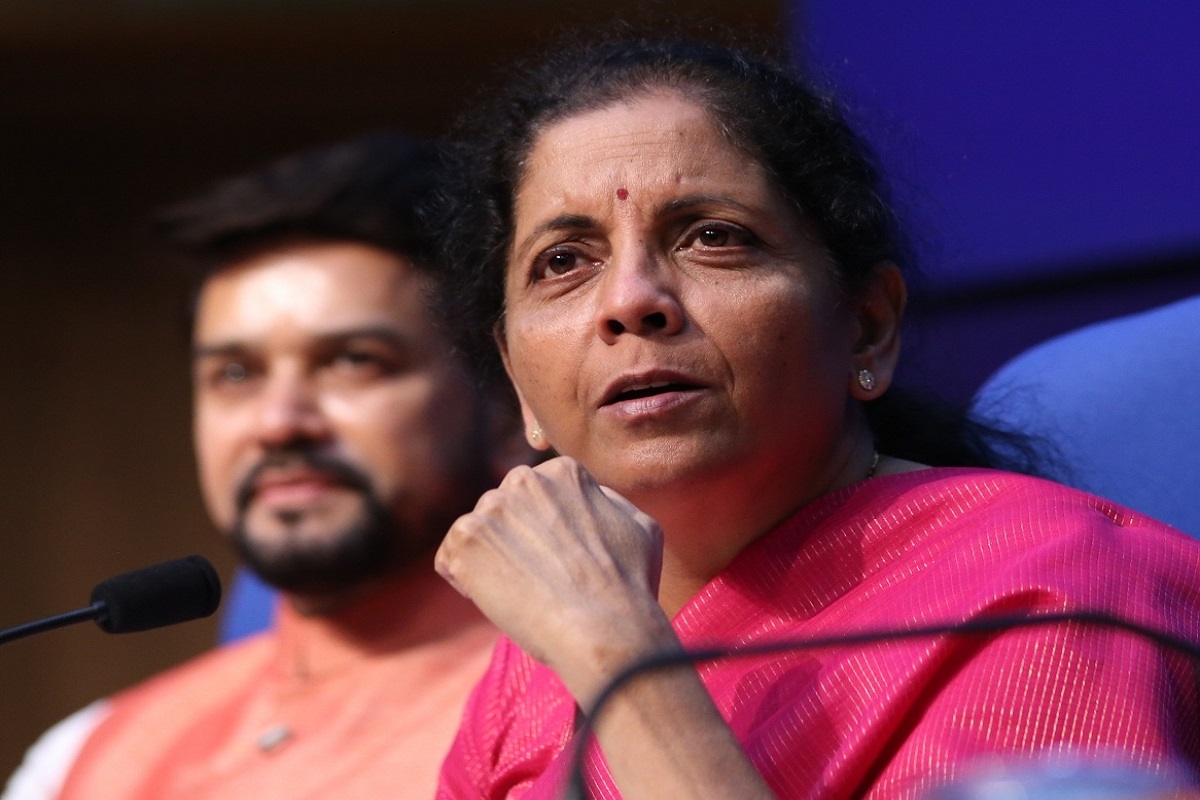Modi is defending the biggest corruption scandal on planet: Rahul on PM’s electoral bonds remark
Rahul also questioned the understanding of PM Modi to run the country.

(Photo: Amlan Paliwal/IANS)
SIR, The Narendra Modi government’s first budget of his second term, presented earlier this month, generated predictable reactions. One of the predictable ones pertains to its treatment of the defence sector. Finance minister Nirmala Sitharaman kept the allocations unchanged from the 1 February interim budget.
Compared to around 17 per cent in 2014-15, this year’s defence budget will comprise 15.5 per cent of government expenditure and only 2.04 per cent of gross domestic product (GDP), as compared to 2.28 per cent of GDP in 2014-15. Predictably, there has been criticism of the government for failing to adequately provide for the needs of the armed forces. Successive governments have signalled that resources for defence will be at a premium as other socio-economic needs will be prioritized.
India’s defence policy faces numerous challenges and lack of resources is not on top. Defence reforms are needed urgently and no one seems particularly bothered about the lack of movement on that front. All we complain about is defence allocation in annual budgets. The defence dilemma has been amply underscored by the fact that even Prime Minister Modi, who was elected in 2014 with a thumping mandate, found it so difficult to move ahead with the procurement of 30-odd fighter jets in his first term. This, despite the fact that the Indian Air Force has a dwindling number of fighter squadrons to confront the growing air threats posed by China and Pakistan.
Advertisement
India’s defence budget in recent years has been falling, but more significantly, an increasing component of the funds is being allocated towards salaries, pensions and other operating expenses. And given the demographic trends, the nation’s pension bill is becoming larger, even surpassing the salary bill. Rationalising manpower in the armed forces should be a priority, and some steps have been taken for that. Recently, the Indian Army initiated a restructuring exercise with the aim of cutting back up to 100,000 soldiers and reducing its revenue budget, which is expected to rise to over 90 per cent of the total in the coming years. It is acknowledged, but we tend to rely upon the mettle of our brave men and women in the services.
By doing so, we not only delude ourselves, but also do a great disservice to our armed forces. The country’s defence policy remains constrained by its inability to fundamentally restructure its armed forces to meet the requirements of modern warfare. This is compounded by the fact that the other major constraint on resource optimization remains the glacial pace of decision-making. India’s defence bureaucracy has raised lack of decision-making to a veritable art form.
The major powers across the world are undertaking significant reforms to make their armed forces fighting fit for wars of the 21st century. India cannot afford to lag behind. So the need of the hour is to double down on defence reforms with strategic foresight. Yours, etc., Jayabrato Chatterjee, Kolkata, 21 July.
Advertisement